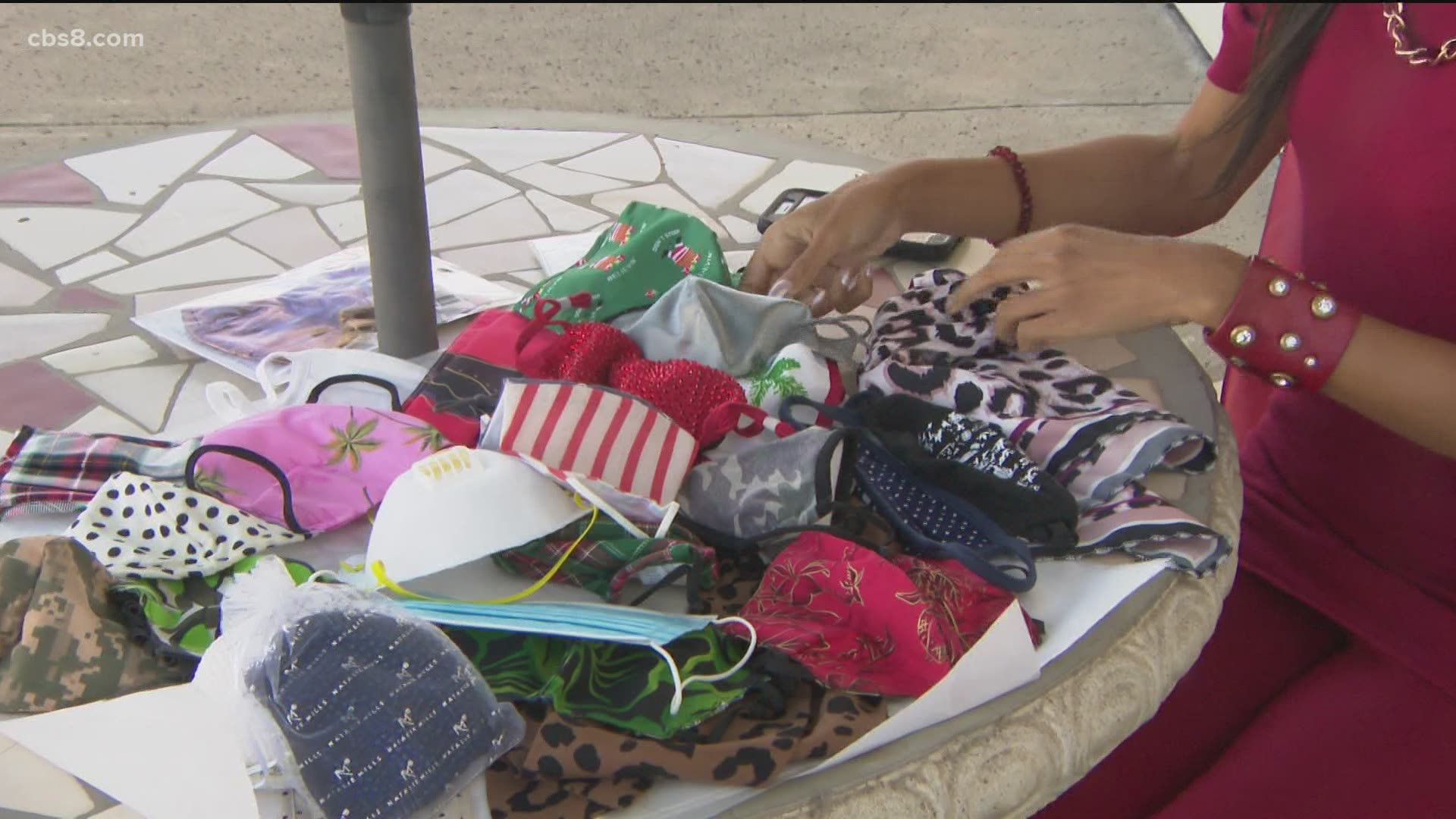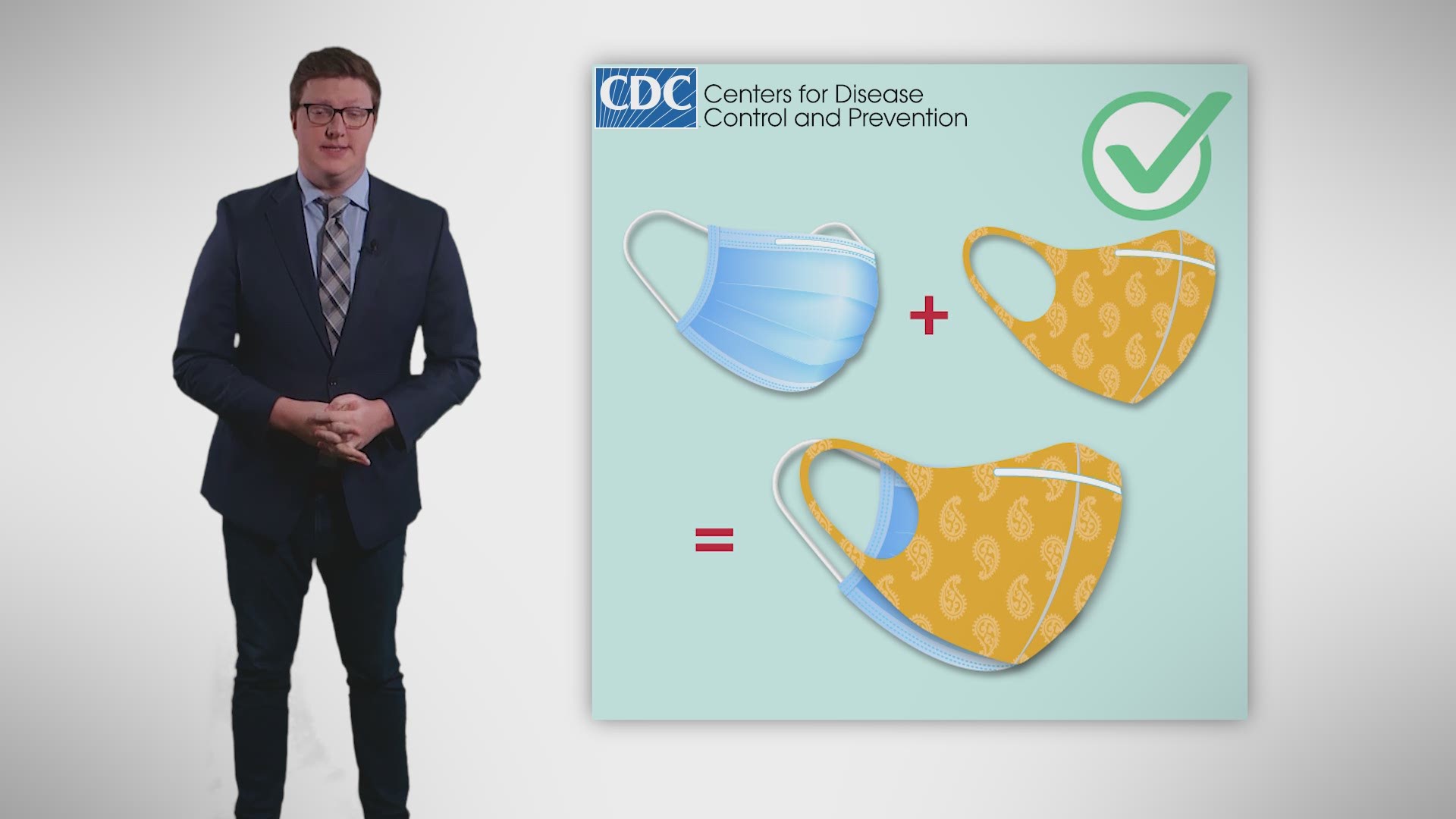SAN DIEGO — There is a science to picking the proper mask, and now with new national standards awaiting federal approval, the goal is to put a label on each mask to determine their effectiveness, just like with sunscreen SPF numbers.
"We want to make sure that there are no gaps, and then you want to breathe in and feel whether the air is coming in,” said Dr. Yaneer Bar-Yam, President and Professor at the New England Complex Systems Institute in Cambridge, Massachusetts.
Dr. Bar-Yam knows his masks and says if you must go inside buildings with other people, be sure your masks have multiple layers for protection.
News 8’s Heather Hope reviewed over a dozen of her personal masks to see which would make the cut for new standards. Despite a variety of mask material, Bar-Yam says the best masks with the most protection is the N95 mask.
"Don't hesitate, there are enough of them around that healthcare workers can still get their masks and you can get one too,” Bar-Yam said.
ASTM International, formerly known as American Society for Testing and Materials released new national mask standards that could help shoppers choose between two labeled levels of face mask protection.
To meet ASTM Mask standards, manufacturers would be required to test their facial coverings only in an accredited laboratory and then register their mask by using a certified ASTM label.
The ASTM testing criteria covers breathability and filtration efficiency. A mask would get a Level 1 if it filters out 20% of particles and a Level 2 for 50% filtration, but the standards aren’t CDC approved.
"They are talking about 30 or 50 percent filtering, and that's not nearly enough to filter out particles that could carry the virus,” Bar-Yam said.
For now, mask wearers are advised to double up.
"Two is better than one because it gets filtered, and some of the particles stop at the outer one, and then more of the particles stop at the second one before it gets into the airspace that you're going to breathe into,” Bar-Yam said.


